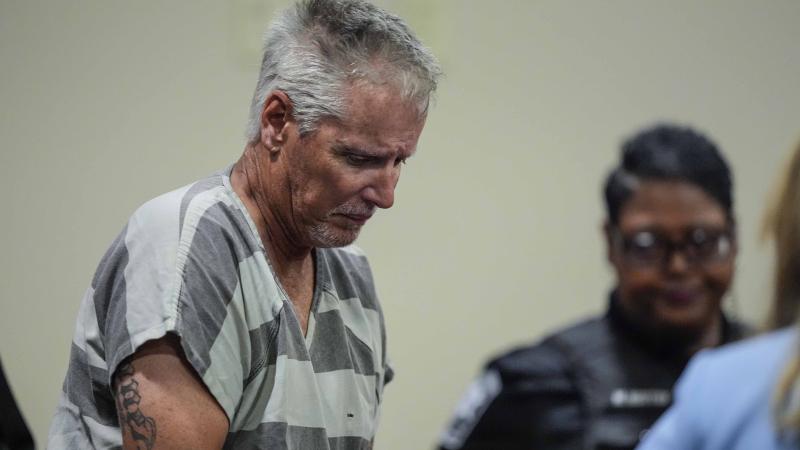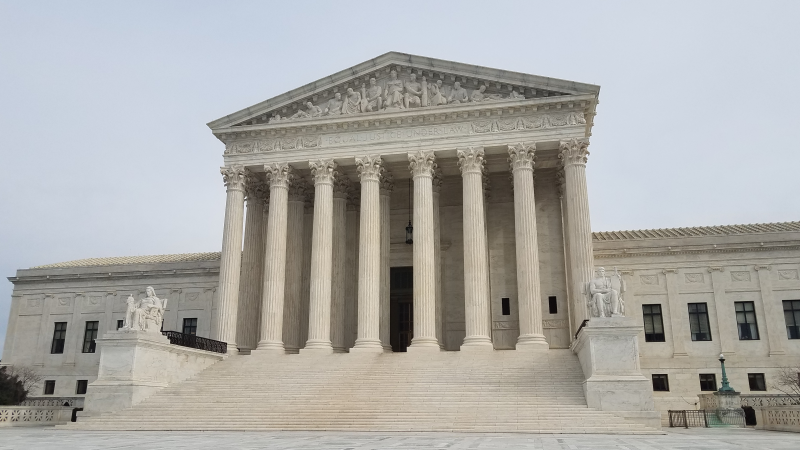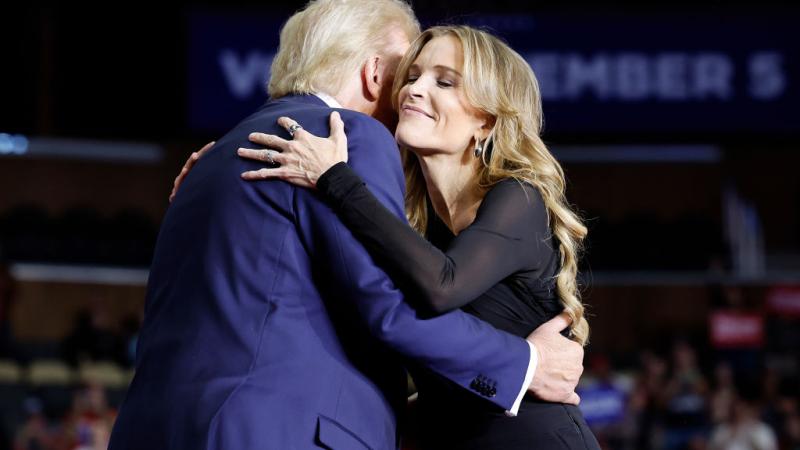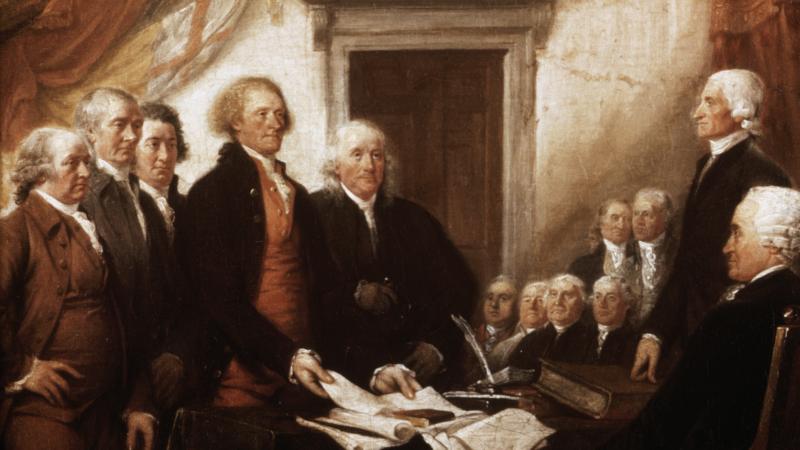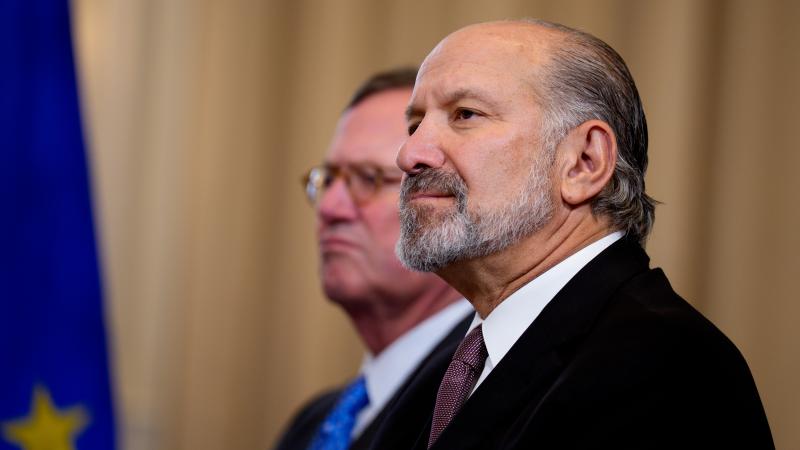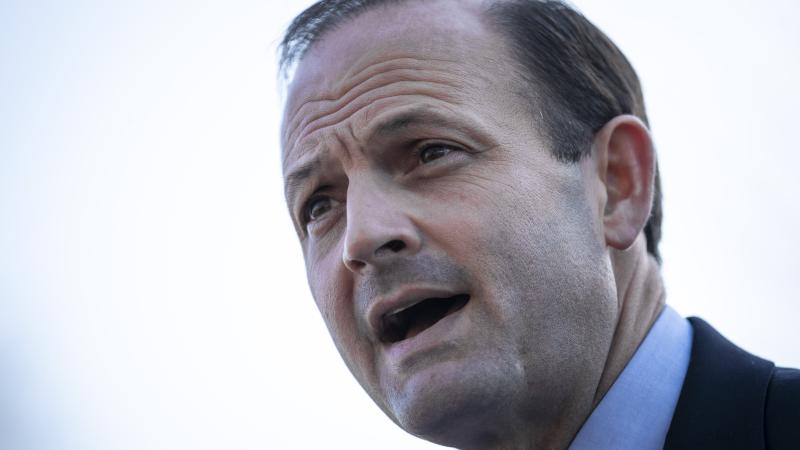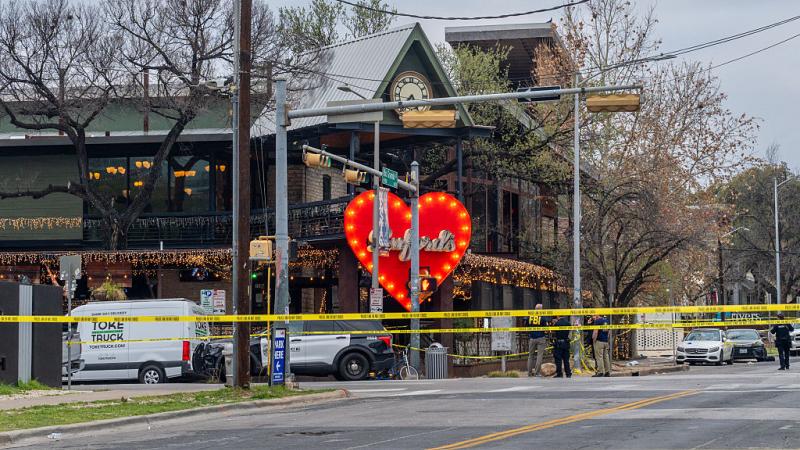Judge halts California law that criminalizes nearly all activism near 'vaccination sites'
Attorney general's office made "shifting and morphing arguments" to defend vague law challenged by pro-life activists, court says.
A federal judge has halted a California law that criminalizes speech up to 130 feet away from a "vaccination site," faulting its vague terms, "uncommon" definition of "harassing" and favoritism for labor picketing.
Right to Life of Central California sued to block the law last month, shortly after Gov. Gavin Newsom signed SB 742, which took effect immediately under an "urgency clause." The bill's opening language suggests it's targeted at misinformation near places where COVID-19 vaccines are administered.
The pro-life pregnancy care center said in reality the law prevented its staff from engaging in activism even on its own property, which is next to a Planned Parenthood clinic that administers the HPV vaccine, and the public sidewalk the two organizations share.
The law prohibits "knowingly" getting within 30 feet of a person or vehicle that is also within 100 feet of a vaccination site "for the purpose of obstructing, injuring, harassing, intimidating, or interfering with that person or vehicle occupant."
"Harassing" means approaching a person "without consent" to pass them materials such as leaflets, show them a sign, or engage in "oral protest, education, or counseling" with that person.
Such "sidewalk counseling" activities are common for pro-life activists, and Right to Life said it would have to give up "peaceful and calm messaging" in favor of shouting at passers-by 30 feet away under the law.
U.S. District Judge Dale Drozd approved a temporary restraining order last week preventing the state from enforcing the "harassing" provision specifically against Right to Life and "facially as to any speaker," pending a hearing for preliminary injunction.
The pregnancy care center is likely to show the law is "not narrowly tailored to serve the state's interest of ensuring access to vaccination sites" and thus violates its First Amendment free speech rights, Drozd wrote.
By taking effect immediately, during the "40 Days for Life" campaign of increased pro-life activism, the law also caused "irreparable harm" to Right to Life, the judge said.
The Alliance Defending Freedom, which is representing Right to Life, praised Drozd for letting Right to Life staff "continue their critical mission of serving vulnerable women in the central California region with their free, life-giving services."
It's one of three constitutional challenges to the law, according to California Attorney General Rob Bonta. He's seeking to move Right to Life's challenge from the Eastern District in Fresno to the Northern District in San Jose, where the first case, known as Aubin, was filed.
The Life Legal Defense Foundation, which is representing those independent pro-life activists, said Monday that U.S. District Judge Nathanael Cousins at a hearing last week "appeared likely to grant" its motion to halt enforcement of the law.
Another speech-related legal challenge by a pro-life group, concerning a Connecticut "deceptive advertising" law, has been pushed off until next month. This week Connecticut Attorney General William Tong was granted an extension to respond to the lawsuit by Dec. 8.
'Confusing, frivolous'
Judge Drozd in Fresno contrasted the basis of the California law's urgency clause — the COVID-19 pandemic — with its definition of "vaccination sites," which "encompasses vaccines of any type." He noted that "knowingly approach" and "picketing" aren't defined in the law.
Presented with the law's explicit approval of "picketing arising out of a labor dispute," Bonta's office claimed this was a "clarification" that all picketing remains legal, not an unconstitutional content-based "exemption" for one form of picketing, as Right to Life argued.
The court didn't buy this explanation. The state didn't say "why such a clarification would be needed if SB 742 cannot be construed as prohibiting 'picketing' activities," Drozd wrote. He questioned the supposedly "clear delineation, with no overlap," between picketing and "SB 742's uncommon definition of 'harassing.'"
Bonta's office cited an irrelevant 3rd U.S. Circuit Court of Appeals ruling that "narrowly construed an ordinance so that it did not prohibit" one-on-one conversations, which deserve "maximum protection" under the First Amendment, Drozd wrote. The California law, by contrast, "explicitly" prohibits such conversations.
The judge also said the state was trying to muddle the issues by citing earlier versions of the bill that supposedly clarified the Legislature's intent. Earlier versions did not include the "harassing" wording and labor picketing provision, but they did define "picketing" as certain "protest activities," Drozd noted.
"If all picketing is allowed by SB 742, then there would be no need for this labor picketing provision at all; if the Legislature wanted to clarify that 'lawful picketing' is allowed ... there would be no need for the latter half of the provision" on labor disputes, he wrote.
Judge Drozd was amazed at the "confusing and ultimately unpersuasive argument" the state made in writing that any speaker can lawfully "engage in conversation, leafletting, displaying a sign, protesting, [and] counseling," despite the "harassing" definition, as long as they are "standing still."
Bonta's office then "appeared to abandon" this argument at the TRO hearing, Drozd said. It compounded the confusion by even saying that "march[ing] back and forth" with signs and offering pamphlets was allowed as long as activists did not "approach" passers-by.
This view "seems squarely contradicted by the very text of SB 742," the judge wrote, accusing the state of making "shifting and morphing arguments" that demonstrate how vague the law is.
Bonta's office also ignored the "common-sense" difference between an 8-foot buffer zone upheld by the Supreme Court in a Colorado case and the California law's 30-foot "floating" buffer, which is not a "conversational distance." The state's reliance on the vague "knowingly approach" language is "at best confusing and at worst frivolous," Drozd wrote.
He directed the parties to confer on a proposed briefing schedule and hearing date for a preliminary injunction hearing in the next two weeks.

